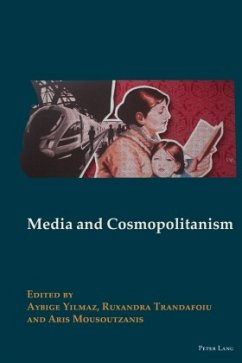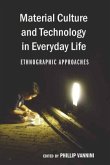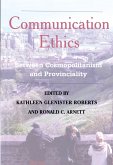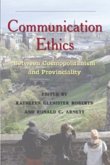This collection of essays examines the relationship between the media and cosmopolitanism in an increasingly fragmented and globalizing world. This relationship is presented from multiple perspectives and the essays cover, amongst other themes, cosmopolitanization in everyday life, the mediation of suffering, trauma studies, and researching cosmopolitanism from a non-Western perspective.
Some of the essays explore existing research and theory about cosmopolitanism and apply it to specific case studies; others attempt to extend this theoretical framework and engage in a dialogue with the broader disciplines of media and cultural studies. Overall, this variety of approaches generates valuable insights into the central issue of the book: the role played by the media, in its various forms, in either encouraging or discouraging cosmopolitanist identifications among its audiences.
Some of the essays explore existing research and theory about cosmopolitanism and apply it to specific case studies; others attempt to extend this theoretical framework and engage in a dialogue with the broader disciplines of media and cultural studies. Overall, this variety of approaches generates valuable insights into the central issue of the book: the role played by the media, in its various forms, in either encouraging or discouraging cosmopolitanist identifications among its audiences.








